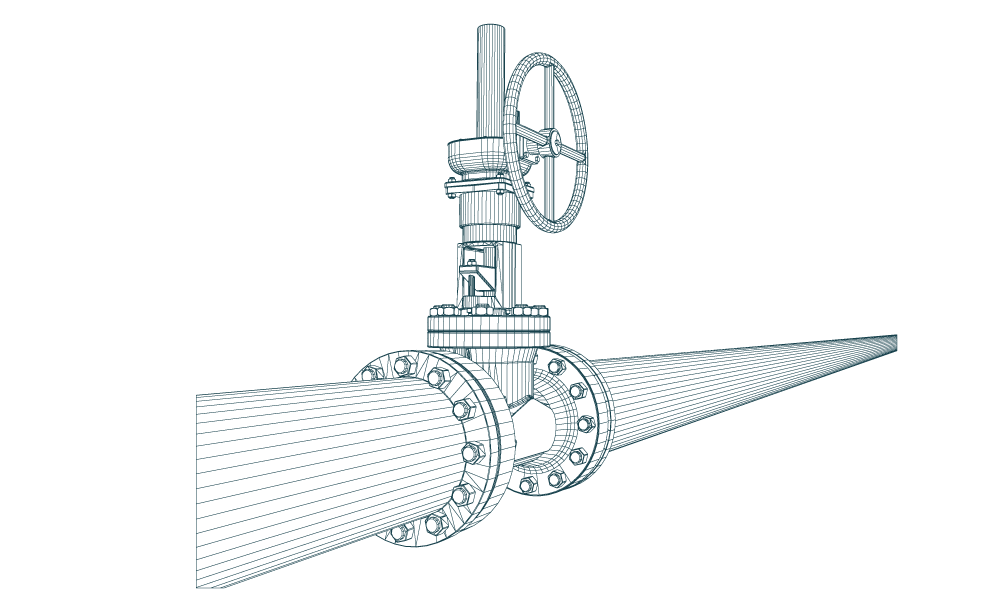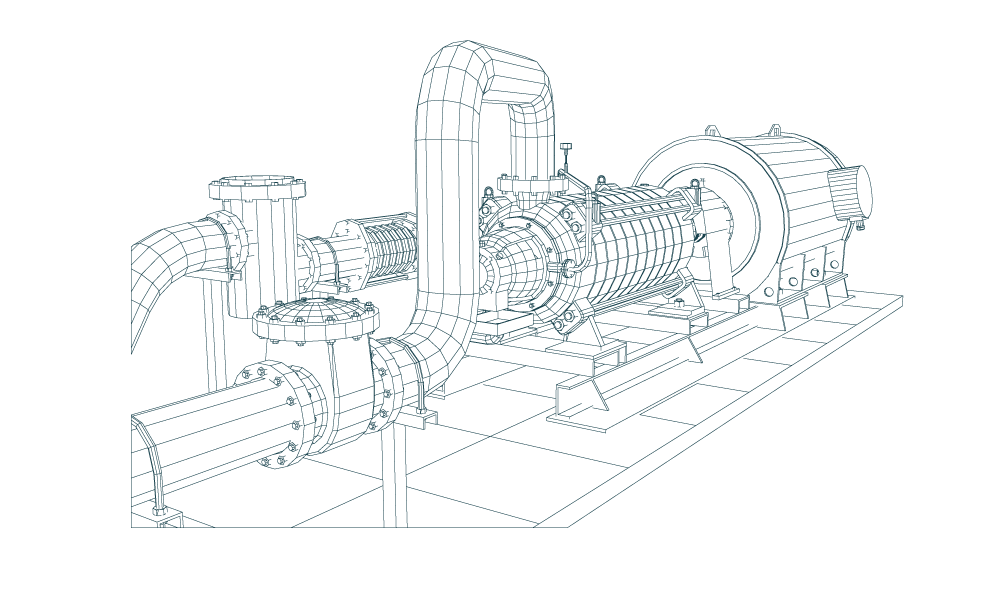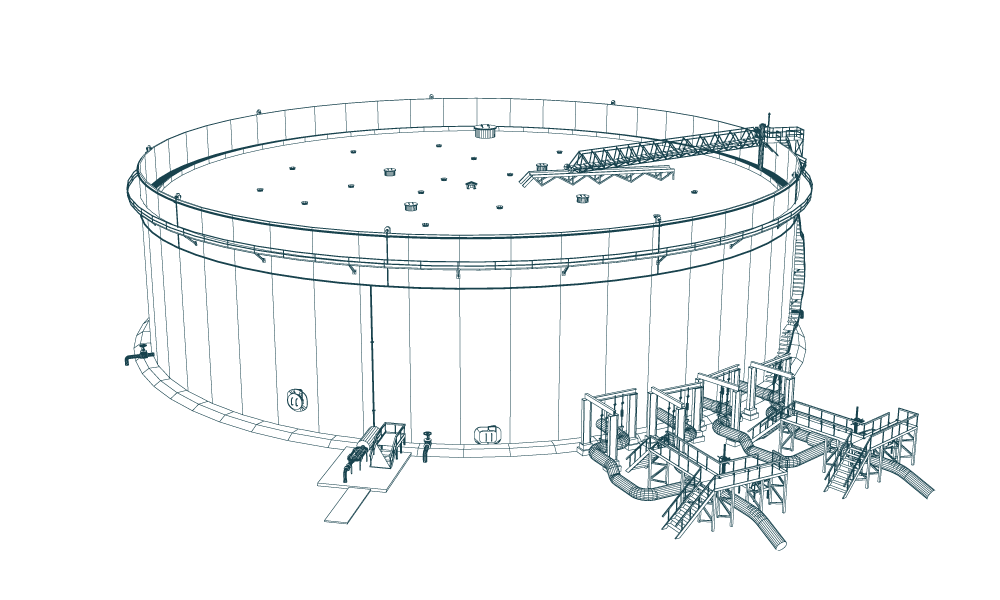PCS® Insights
Sharing Industry Knowledge, Lessons-Learned and Published Presentations
7 Lessons We Learned from 2016
PCS Experts Reflect and Look Forward to 2017

As we look ahead to 2017, several PCS subject matter experts reflect on the changes we have seen this past year and their impacts on the future.
1. Fossil Fuels Are Here to Stay
|
“As Americans we are downright spOILed. Through the assiduous creativity and thick skin of the fossil-based portion of the energy industry we, the United States, have brought about a tectonic shift in the balance of fossil fuel resource available and under our control inside our borders while creating geopolitical leverage and energy security we thought was behind us only a dozen years ago. Modern life is predicated on petroleum and the products derived therefrom. Even the most ardent environmentalist cannot shrug off what fossil fuels have done to increase human lifespan, allow us to exploit our deep-water navigation with all its trade and national security advantages, produce immense quantities of high quality food from our arable lands, shift to cleaner-burning fuel to supply grid power at lower cost to end users, and the list could go on for many pages. We, the fossil fuel industry, made this happen and in the course of events we sank ourselves into a two year price swoon that has hurt many people in the industry directly. But, that’s just pure Adam Smith. I pray we can retool our politics and regulations to allow us to enjoy the fossil fuel benefits at hand so that we can refine the oil we produce here, further develop the natural gas transport and distribution system so that gas can be made available more widely, and quit pretending that fossil fuels are evil when they are in fact a miracle. We are not hurting like petro-societies in Russia, Saudi Arabia, or Venezuela and now that they are cooperating on the supply side or have imploded we will likely see our industry firm up going into the New Year. It’s about time.”
|
 Clay Bryant Environmental Specialist |
2. There are Many Ways to Cope with Financial Uncertainty
|
“In an industry that relies on trends, forecasting, predictability and repeatability, it seems none of those are present. Oil related projects are often many years in the making and projects like offshore drilling rigs that were initiated with days of $100/bbl oil are now coming online with $50/bbl. One pipeline client for instance, has made a shift from schedule-driven, at almost any cost, to more cost-driven with extra expense only approved when absolutely necessary. That said, another client chose the high bid for a contractor because they had a much better safety rating and a company culture of regulatory compliance and safety. Dakota Access Pipeline is another example of a project that went 99% through construction only to have the last few miles halted by [regulators], causing potentially serious problems for a nearly $4 Billion investment by DAPL. I feel that the next year, or few years, will have significant challenges with pipeline operators making final investment decisions on large projects, instead making relatively small modifications to existing systems to increase system connectivity, functionality or reliability.”
|
 Mark Leaseburge Project Engineer |
3. Marine Construction : Down, But Not Out
|
“Recent low oil and natural gas prices have of course “tightened” everything up throughout our industry during the past several quarters. PCS has been involved in several Request for Quotation and subsequent Agreement negotiations that covered the gamut of marine construction, from large, international pipeline construction projects to smaller structural modification installations and even a somewhat unique middle-of the range pipeline project crossing a two-mile wide land-locked lake. Even with the understanding that the industry is in another down cycle, the extent of Contractor participation, innovation and cost savings that can be obtained during this part of the cycle have been almost surprising and provide encouraging signs for the anticipated recovery. The companies and organizations that have been in position to take advantage of this portion of the industry cycle have certainly been able to take advantage of the opportunities provided.”
|
 Jim Elgin Project Engineer |
4. Drones are the Future
|
“Last year saw the proliferation of remote sensing equipment in the pipeline industry. Airborne drones are now capable of gathering near-survey grade LiDAR topology and imagery at fixed sites. Stationary laser scanning has revolutionized the as-built process as well as allowed for accurate planning and clash analysis in brownfield facilities. Computers and software have kept pace, allowing even casual users with mid-range workstations to visualize, comment, manipulate and design with large data sets.”
|
 Mike Istre Design Engineer |
5. Traceability and Records Management is Invaluable
|
“Pipeline traceability and records management continues to gain importance. Most significantly the NPRM: Safety of Gas Transmission and Gathering Pipelines, whose final rule has yet to be released, continues the requirement for reliable, traceable, verifiable and complete records. It extends record requirements to all transmission lines to maintain original steel pipe manufacturing information, pipe design information and manufacturing standard and pressure ratings for pipeline components. PHMSA even extends transmission pipeline requirements to many gathering lines that were not previously held to the same standard as transmission lines, including record standards. Lastly, PHMSA continues to increase their enforcement during construction to ensure that operators meet the code minimums and comply with the operators’ own standards and specifications. As they recognize the challenges of gathering, validating and maintaining accurate records, we have seen pipeline and facilities operators looking for ways to improve how they collect material and inspection data during construction; a perfect fit for our Mobile Inspection FormsTM, Advanced Facilities Traceability, and C.A.T.S.® technologies. I think the industry is making real changes to pursue a goal of zero incidents not only because it is good business, but also because it is just the right thing to do.”
|
 Brett Vogt Manager of Traceability & Records Management |
6. We’re Ready to Lay Some Pipe
|
“In 2017 I expect our GIS team will assist our clients in putting over 750 miles of pipe in the ground. With the amount of data that we will be receiving in 2017 related to all of this construction, efficiency is going to be a word that will get tossed around a lot. Continual efforts to improve and streamline our quality control processes, along with the development of new automated tools, will be necessary to offset this monumental task we have in front of us. Pairing the aforementioned with the data management skills we have incorporated into our workflow, will be the backbone behind ensuring the same quality of product that clients have come to expect from PCS. What is laid out in front of us for 2017 will be challenging, but I welcome it and look forward to seeing the successes and milestones achieved as we reflect on this same topic at the end of Q4 next year.
|
 Jacob Harper GIS Analyst |
7. Mexico is a Rising Star
|
“Natural gas demand in Mexico is rising and PCS has had opportunities to participate on several projects to date. These include front-end development, planning and bidding support services as well as project and construction management support. This demand is expected to continue as Mexico transitions to non-Pemex suppliers to provide natural gas to the country’s growing natural gas fired electricity generation industry. PCS has been able to respond to the needs of clients on both onshore and offshore pipeline development projects.” |
 Leon Proper Director |
| “I think the work I have seen us start to do within the borders of Mexico has been very positive for PCS this year. I believe that moving forward, not only for 2017, but for years to come, this will be a prime market to be in. PCS has strategically employed intelligent, Spanish speaking/writing personnel here that can perform and support the work that will need to get done to get this country into the 21st century of pipelines.” |
 Jacob Harper GIS Analyst |
The views and opinions expressed in this article are those of the authors and do not necessarily reflect those of Project Consulting Services, Inc.
Article Details
Author: Various PCS Subject Matter Experts
PCS®
More Information
Contact Us
We would appreciate any opportunity to assist you, and to connect you with the right person at PCS ® to address your needs and answer any questions.
Request Info Call Us 1-800-643-8306


